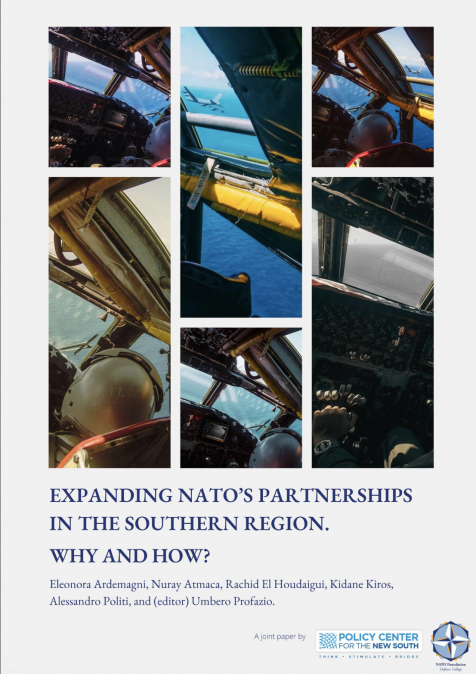Podcasts
Des émergents au défi du « retour de la géopolitique » - Regards croisés économiques et géopolitiques
Related topics:
A l’occasion de la table ronde organisée en partenariat avec l’IFRI sur le défi du retour des pays émergents sur la scène géopolitique tenue le mardi 02 décembre 2014 à Policy Center for the New South, intervenants et experts se sont réunis pour discuter du rapport entre émergence et puissance pour les cas chinois et russe avant d’examiner les stratégies de la croissance économique turque. Les intervenants nous livrent ici des regards croisés et une réflexion sur l’articulation émergence/comportement géopolitique avec des focus sur des pays spécifiques. Ont participé à cette émission, Uri DADUSH, Associé Principal au Carnegie Endowment for International Peace et Senior Visiting Fellow à Policy Center for the New South, Karim EL AYNAOUI, Directeur Général d’Policy Center for the New South, Thomas GOMART, Directeur du développement stratégique à l’Ifri, Tatiana KASTOUEVA-JEAN, Responsable du Programme Russie/NEI à l’Ifri, Françoise NICOLAS, Directrice du Centre Asie à l’Ifri, Abdallah SAAF, Politologue, Professeur et ancien ministre de l'Education nationale et Tania SOLLOGOUB, Senior Economist au Crédit Agricole.






